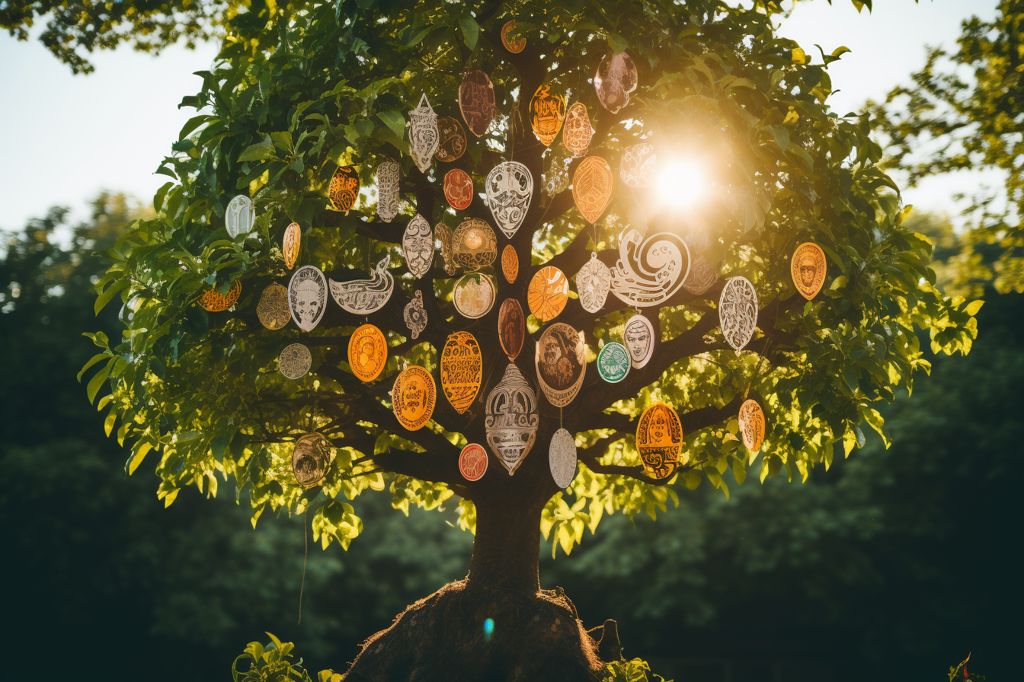In South Africa, gender-based violence and femicide (GBVF) have become pressing issues that require collaboration across different faith traditions. To combat this problem, the Faith Action to End GBV Collective has organized an Interfaith Consultation in Benoni from 14-16 August. This historic event aims to draft a joint Statement of Commitment that outlines practical and accountable actions to combat GBVF.
The Emergence of the Campaign
A small group of scholars, activists, and leaders from different faith communities conducted an information-gathering process to understand how gender issues are tackled within their respective institutions. They also assessed the work their organizations were doing to address GBVF within the broader community. This campaign is hosted by the Faith Action to End GBV, a national collective established in 2020 by representatives of faith-based organizations, in response to the increasing number of GBVF incidents during the COVID-19 lockdowns.
Unprecedented Collaboration
According to Daniela Gennrich, Coordinator of We Will Speak Out SA, which acts as the Secretariat of the Collective, this movement towards a collective faith sector response to GBV is unprecedented in South Africa. The Interfaith Consultation is an opportunity for faith communities to develop a deep and respectful mutual understanding of the issues at hand while acknowledging the unique dynamics within each community. The hope is to build a shared understanding, respect differences, and unite against GBVF.
Validation and Launch
The draft Statement of Commitment will undergo a validation process among South Africa’s faith communities, and its official launch is planned for an Interfaith Summit in November. This will be accompanied by a public Signature Campaign to mobilize widespread support and commitment to practical action.
Collaborative Participants
Participants in this collaborative process include representatives from Islam, Hinduism, Baha’i, African Traditional Religion, Reformed Judaism, Brahma Kumaris, and Christianity. The Christian faith will be represented by three umbrella structures: the South African Bishop’s Conference (SACBC), the South African Council of Churches (SACC), and The Evangelical Alliance of South Africa (TEASA).
Working Towards a Common Goal
This remarkable gathering of faith communities marks a significant milestone in addressing the pervasive issue of GBVF in South Africa. By joining forces, these diverse faith groups demonstrate the power of unity and collaboration in working towards a common goal. Through mutual understanding, shared commitment, and practical action, they aim to effectively respond to and prevent gender-based violence and femicide within the country and within their respective faith communities.
A Beacon of Hope
In a world often marred by division and strife, this inspiring example of solidarity and cooperation across faith traditions serves as a beacon of hope. The collaboration highlights the potential for diverse faith groups to unite and work together on shared concerns, despite their differences. As this groundbreaking initiative unfolds, the world will undoubtedly be watching, waiting to see the impact of this collective effort on addressing the urgent issue of gender-based violence and femicide in South Africa.








